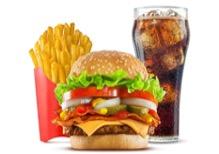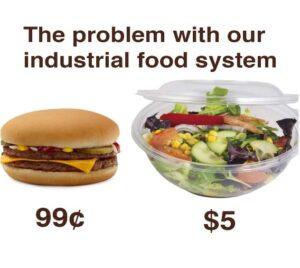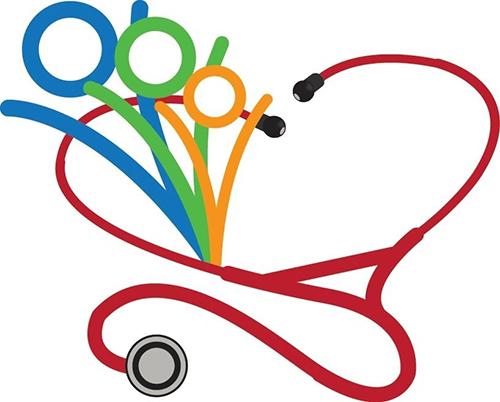 The American diet has become a habit of convenience, where “eating on the go”, “drive through”, “take out”, “delivery”, and “fast food” are terms that identify a normal dietary routine. We pull up to the speaker, order the combination number of choice, super-size it, pull around to the window and we receive our daily quota of calories in a bag.
The American diet has become a habit of convenience, where “eating on the go”, “drive through”, “take out”, “delivery”, and “fast food” are terms that identify a normal dietary routine. We pull up to the speaker, order the combination number of choice, super-size it, pull around to the window and we receive our daily quota of calories in a bag.
A diet is a process, not an event. It requires careful attention to what you are eating, when you are eating it, and how it is being eaten. Knowing that weight management is simply controlling calorie input and expenditure, eating healthy should not be as difficult as it is. However, eating healthy is much more complicated and time consuming than necessary.

Living on a financial budget, choices often trend towards the least expense food options. Processed foods are far less expensive than eating fresh fruits, vegetables, and lean meats. Twenty dollars could buy you a single meal of fresh vegetables and lean meat or a week’s worth of microwavable meals. Healthy is expensive!
When breaking the “bad” diet habits, it often takes more than will power and knowledge on food choices. Medical weight loss does prove to be effective in initiating healthy habits and the reduction of unhealthy habits. However, Weight Loss medications DO NOT make you lose weight. Weight loss medications assist in appetite control and provide an increased sensation of satiety by manipulating existing neurotransmitters. However, only you can control your eating habits and physical activity. With routine office visits, your medical professionals provide education, encouragement, reinforcement, and hold you accountable for your compliance in weight management.

Pharmacological treatments for weight loss are only as effective as the efforts in training your mind and body into being healthy. Medications are not the long-term answer to weight loss. Re-training your body to choose and maintain a healthy lifestyle is the solution to losing weight and keeping it off.
Understanding your body, when your metabolism is at the highest and when it is at the lowest, is important when choosing what you eat and when it’s best to eat it.
Your weight management is only as successful as the commitment you apply to managing it.

